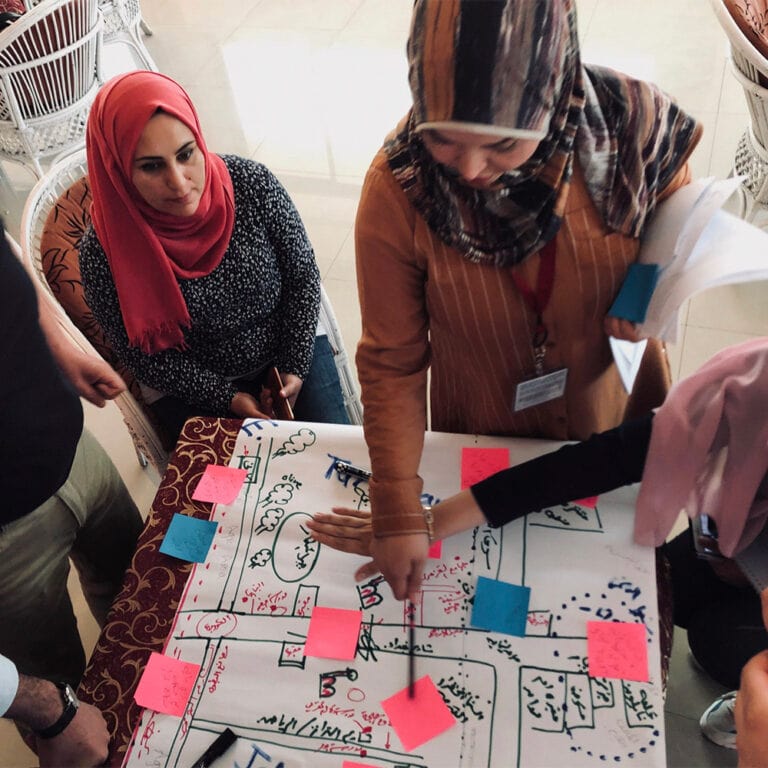Our work promotes the leadership of local civil society and community-based actors crisis response and development cooperation. We also highlight the role of local faith actors and women-led & rights organisations. We call for at least an equal footing in their partnerships and consortia with international actors. This includes fair access to resources & to advocacy and decision making spaces.
This requires proactive change: to funding, programming and accountability practices. It also requires proactive engagement with national and local actors based on trust, dignity and respect. We contribute to the increasing recognition and awareness of the indispensable experience and expertise of local civil society globally in aid, development and peacebuilding.
